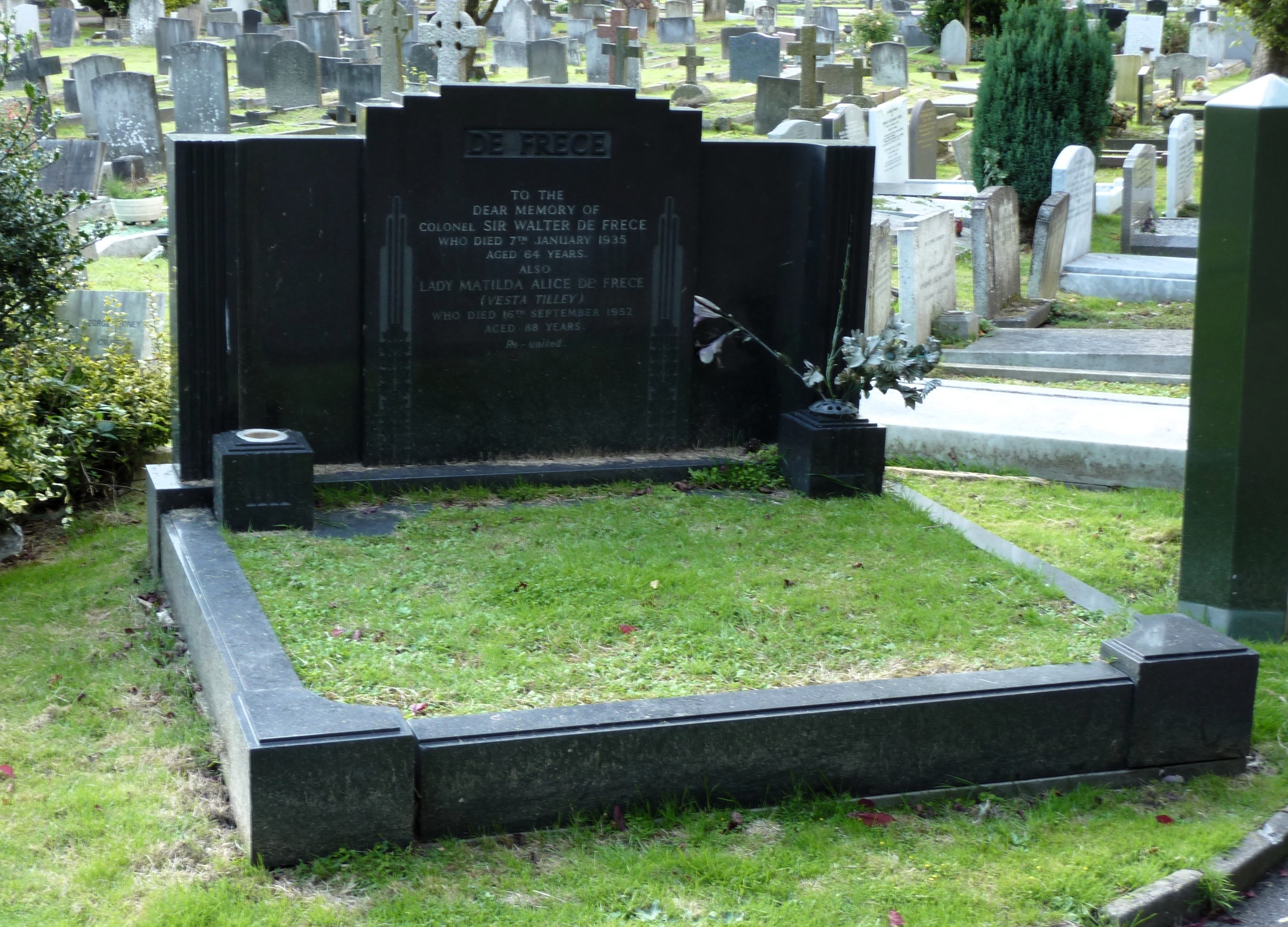|
1920 Ashton-under-Lyne By-election
The 1920 Ashton-under-Lyne by-election was a by-election held on 31 January 1920 for the British House of Commons constituency of Ashton-under-Lyne. The by-election was triggered by the elevation to the peerage of the town's Conservative Party Member of Parliament (MP) Albert Stanley, who was ennobled as Baron Ashfield. The result was a victory for the Conservative candidate Sir Walter de Frece, who held the seat with a massively reduced majority. British Pathe has a newsreel clip of Sir Walter Frece campaigning in the by-election with his wife Vesta Tilley. http://www.britishpathe.com/video/miss-vesta-tilley/query/election Votes References * * See also * Ashton-under-Lyne constituency * 1928 Ashton-under-Lyne by-election * 1931 Ashton-under-Lyne by-election * 1939 Ashton-under-Lyne by-election * 1945 Ashton-under-Lyne by-election * List of United Kingdom by-elections (1918–1931) {{DEFAULTSORT:1920 Ashton-Under-Lyne By-election Ashton-under-Lyne 1920 As ... [...More Info...] [...Related Items...] OR: [Wikipedia] [Google] [Baidu] |
Walter De Frece
Sir Abraham Walter de Frece (7 October 1870 – 7 January 1935) was a British theatre impresario, and later Conservative Party politician, who served as a Member of Parliament (MP) from 1920 to 1931. His wife was the celebrated male impersonator Vesta Tilley. Early life Abraham Walter de Frece was one of four sons of Henry (Harry) de Frece, of the Gaiety Music Hall in Camden Street, Liverpool, who was a prosperous agent in the Roscoe Arcade, a prominent theatrical manager, and a pioneering actors' agent from a large theatrical family. Henry de Frece had his sons educated well in order to keep them out of theatre, with Walter attending the Liverpool Institute and a school in Belgium. However, by the time Walter returned home, his elder brother Jack was managing the Alhambra Wooden Theatre in Manchester Street, Liverpool, and Isaac managed the old Theatre Royal in Clayton Square, Liverpool. Walter's younger brother, Lauri de Frece, later became a celebrated comedian. Theatre car ... [...More Info...] [...Related Items...] OR: [Wikipedia] [Google] [Baidu] |
Arthur Marshall (Liberal MP)
Sir Arthur Harold Marshall, Order of the British Empire, KBE (2 August 1870 – 18 January 1956) was an England, English Liberal Party (UK), Liberal Party politician. He was Member of Parliament (United Kingdom), Member of Parliament (MP) for Wakefield (UK Parliament constituency), Wakefield 1910–1918 and for Huddersfield (UK Parliament constituency), Huddersfield 1922–1923. Background Arthur Harold Marshall was born in Ashton-under-Lyne, Lancashire, a son of Methodist Minister Rev. H.T. Marshall DD and Mary Keats of Hanley. He was educated privately and at Yorkshire College (University of Leeds). He travelled extensively in South Africa, Canada, U.S.A. and Europe. In 1896 he married Louie Hepworth, the third daughter of Joseph Hepworth (tailor), Joseph Hepworth JP of Leeds, Torquay and Harrogate. In 1918 he became a Knight of the British Empire. In 1948 his wife died. Profession In 1904 Marshall qualified as a barrister, being called to the Bar by Gray's Inn. He practiced ... [...More Info...] [...Related Items...] OR: [Wikipedia] [Google] [Baidu] |
Ashton-under-Lyne
Ashton-under-Lyne is a market town in Tameside, Greater Manchester, England. The population was 45,198 at the 2011 census. Historically in Lancashire, it is on the north bank of the River Tame, in the foothills of the Pennines, east of Manchester. Evidence of Stone Age, Bronze Age, and Viking activity has been discovered in Ashton-under-Lyne. The "Ashton" part of the town's name probably dates from the Anglo-Saxon period, and derives from Old English meaning "settlement by ash trees". The origin of the "under-Lyne" suffix is less clear; it possibly derives from the Brittonic-originating word ''lemo'' meaning elm or from Ashton's proximity to the Pennines. In the Middle Ages, Ashton-under-Lyne was a parish and township and Ashton Old Hall was held by the de Asshetons, lords of the manor. Granted a Royal Charter in 1414, the manor spanned a rural area consisting of marshland, moorland, and a number of villages and hamlets. Until the introduction of the cotton trade in 1769, Ash ... [...More Info...] [...Related Items...] OR: [Wikipedia] [Google] [Baidu] |
By-elections To The Parliament Of The United Kingdom In Lancashire Constituencies
A by-election, also known as a special election in the United States and the Philippines, a bye-election in Ireland, a bypoll in India, or a Zimni election (Urdu: ضمنی انتخاب, supplementary election) in Pakistan, is an election used to fill an office that has become vacant between general elections. A vacancy may arise as a result of an incumbent dying or resigning, or when the incumbent becomes ineligible to continue in office (because of a recall, election or appointment to a prohibited dual mandate, criminal conviction, or failure to maintain a minimum attendance), or when an election is invalidated by voting irregularities. In some cases a vacancy may be filled without a by-election or the office may be left vacant. Origins The procedure for filling a vacant seat in the House of Commons of England was developed during the Reformation Parliament of the 16th century by Thomas Cromwell; previously a seat had remained empty upon the death of a member. Cromwell devi ... [...More Info...] [...Related Items...] OR: [Wikipedia] [Google] [Baidu] |

